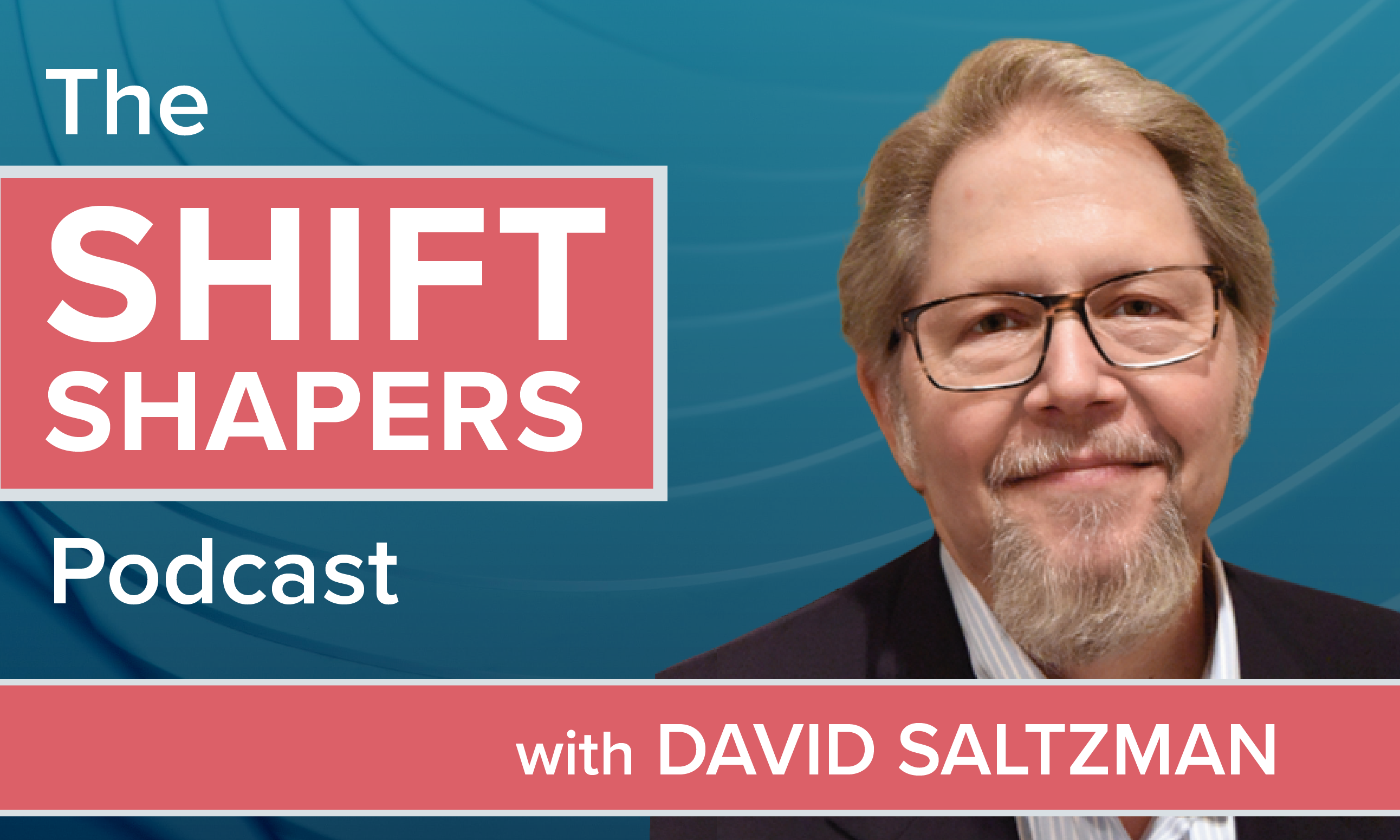 Here's what AI contributes to the team. (AP Photo/Jeff Roberson)[/caption]
Here's what AI contributes to the team. (AP Photo/Jeff Roberson)[/caption] With baseball season kicking off, we'd like to introduce you to the latest addition to the health care team: artificial intelligence (known by fans as AI). How will this new player change the game? Keep reading to find out how AI will hit some big home runs for the health care industry.
What is AI?
Artificial intelligence allows machines to learn and adjust from experiences and new inputs, so they can perform human-like tasks by processing and finding patterns in data. AI in health care is on the rise, helping hospitals, patients, and medical professionals solve problems more efficiently than ever before. So what can it do?
Make sense of big data
The amount of digital data we produce and store is doubling every two years. This data is essentially useless if you can't sift through it and pull out relevant info, but don't fret—AI is a pro at that. AI can organize treatment plans, patient routes, and records so that medical professionals can make informed decisions faster. AI can even be used for things such as identifying patterns in enormous sets of genetic information, finding linkages between DNA, and mutations
Converse with patients
AI is revolutionizing the way patients interact with the health care industry. Software can now act as a “virtual assistant” between patients and caregivers to streamline workflows for clinicians and provide an easily accessible platform for patients to communicate with their doctors. A “robodoctor” app can explain lab results in layman's terms to patients from the comfort of their home. Instead of nervously waiting at the doctor's office and being confused by medical jargon, patients can view and understand results with ease. This makes healthcare more accessible and less overwhelming to the common person, while allowing doctors to spend more time actually treating patients rather than interpreting charts.
Enhance security
Security has always been a major concern in the health care industry, and AI is a game changer in this aspect. Health giant Aetna has created a new security system that allows consumers to use AI, rather than hackable passwords, to login to web and mobile apps. A risk engine compares learned behavioral attributes of the consumer to an established pattern so it can know if it's the intended user or a hacker, all without a password. AI can also decrease cybersecurity threats by identifying malicious activity and detecting abnormal patterns in data. The systems can take action on these threats immediately and self-correct, stopping the attack before it begins in order to protect confidential data.
Innovate detection and treatment
AI is being used to predict and detect the presence of brain bleeds, tuberculosis, and numerous other ailments faster than ever before. It can also be used to enhance rehabilitation; it's currently incorporated into PTSD programs for veterans, and can even be used to build more intuitive bionic limbs. The possibilities here are endless, and can improve the lives of many through faster and streamlined medical processes.
Now that you know what AI is and how it can help the healthcare industry win big, we bet you're rooting for the new guy on the team.
Complete your profile to continue reading and get FREE access to BenefitsPRO, part of your ALM digital membership.
Your access to unlimited BenefitsPRO content isn’t changing.
Once you are an ALM digital member, you’ll receive:
- Breaking benefits news and analysis, on-site and via our newsletters and custom alerts
- Educational webcasts, white papers, and ebooks from industry thought leaders
- Critical converage of the property casualty insurance and financial advisory markets on our other ALM sites, PropertyCasualty360 and ThinkAdvisor
Already have an account? Sign In Now
© 2025 ALM Global, LLC, All Rights Reserved. Request academic re-use from www.copyright.com. All other uses, submit a request to [email protected]. For more information visit Asset & Logo Licensing.








